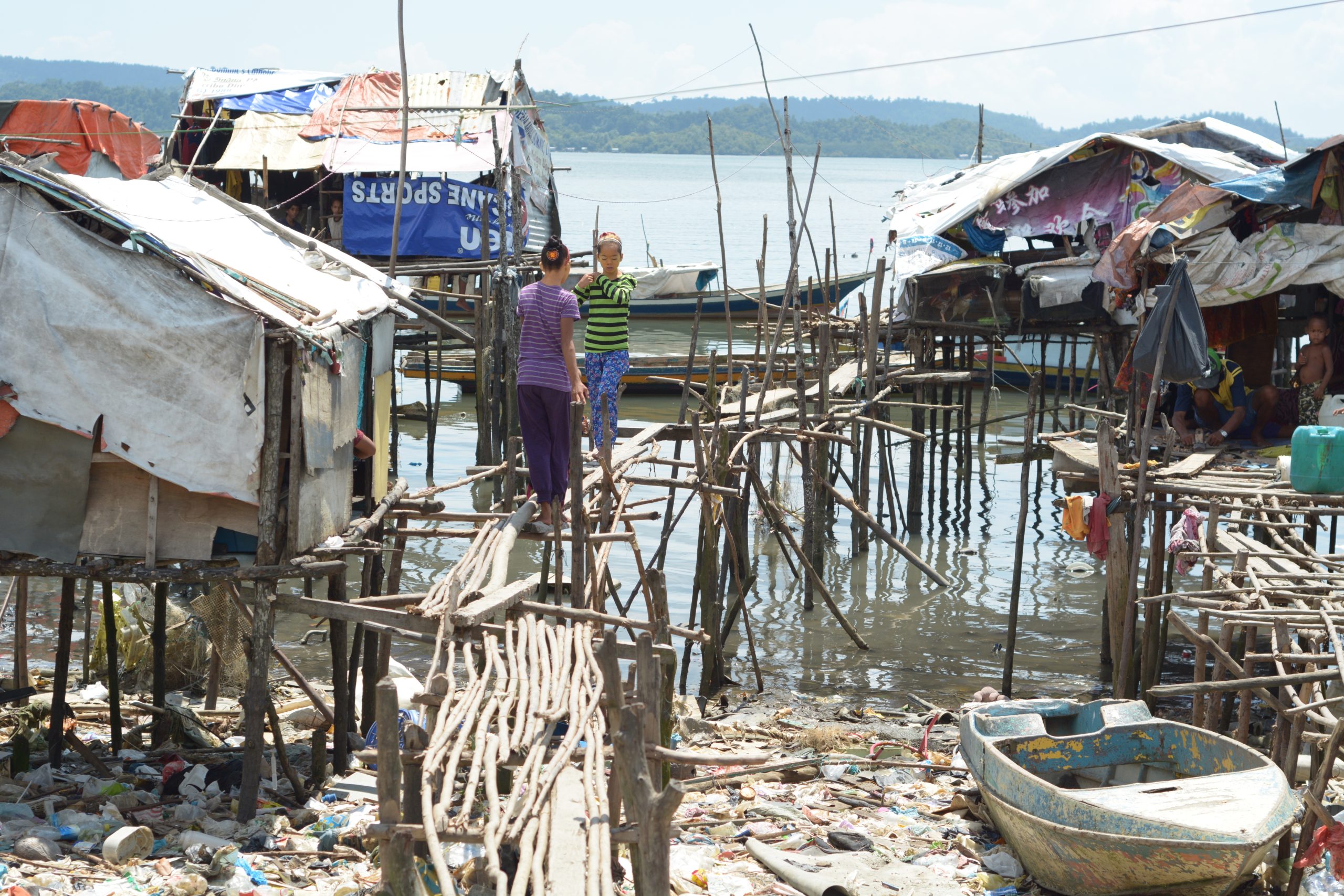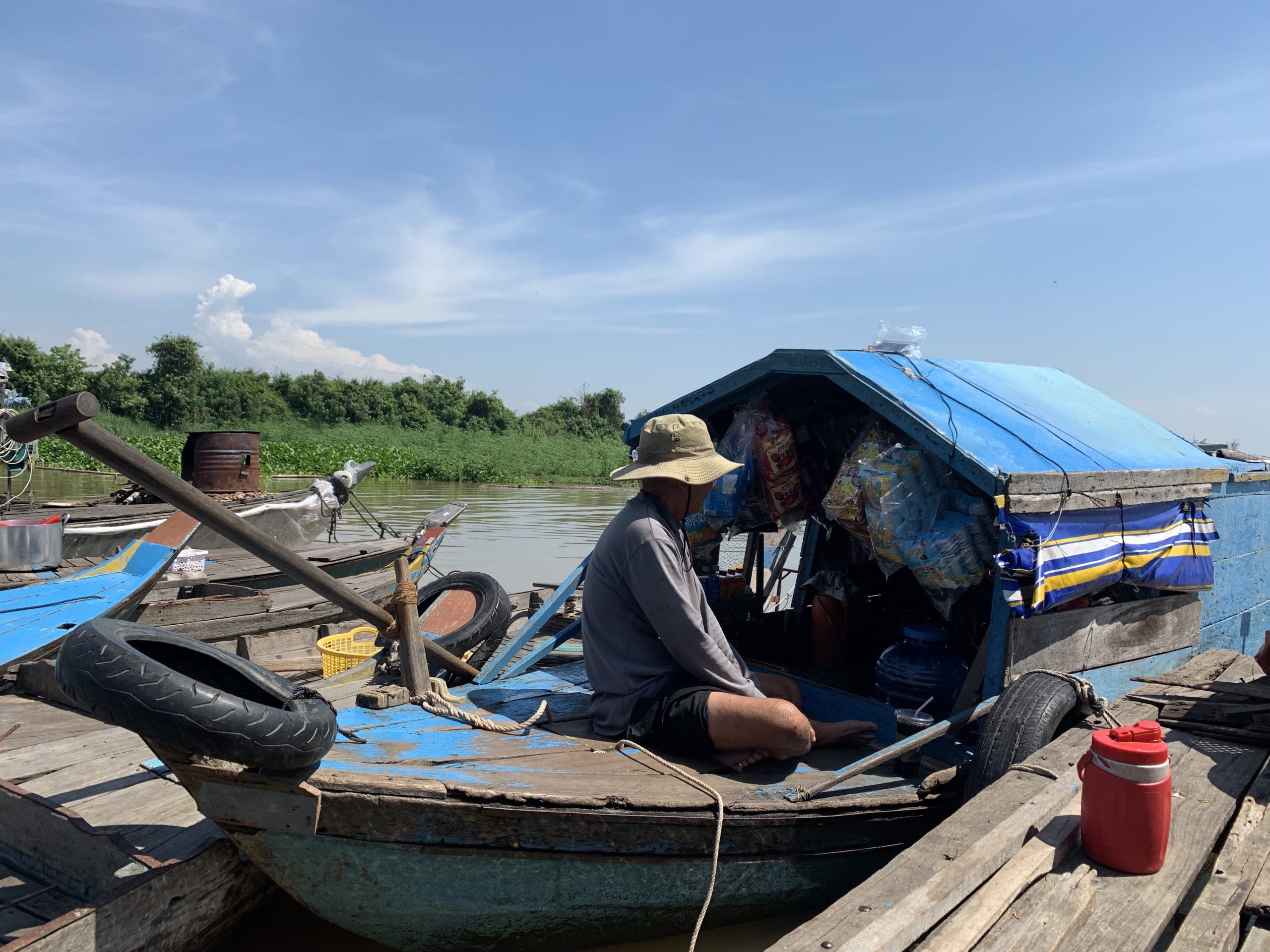1. Citizenship Law
a. Jus Sanguinis and Jus Soli Provisions
It is important to note from the outset of this chapter that for most of human history within the Pacific, conceptions of borders, nationhood and States were much less defended and travel between islands was commonplace and largely free. As the Tongan scholar Epeli Hau’ of a wrote:
The world of our ancestors was a large sea full of places to explore, to make their homes in, to breed generations of seafarers like themselves. … Theirs was a large world in which peoples and cultures moved and mingled unhindered by boundaries of the kind erected much later by imperial powers. From one island to another they sailed to trade and to marry, thereby expanding social networks for greater flow of wealth.
The structure and operation of citizenship laws across the Pacific today are varied and fundamentally shaped by colonial legacies. The citizenship laws of 10 States (the Federated States of Micronesia, Fiji, the Marshall Islands, Nauru, Palau, Papua New Guinea, Solomon Islands, Tonga, Tuvalu and Vanuatu) all operate through jus sanguinis provisions with children born either within or outside of the States automatically considered citizens if one of their parents is a citizen of the relevant State.
There are similarities in the laws of Papua New Guinea, Solomon Islands and Vanuatu who all gained independence from colonial powers between 1975 and 1980 and drafted new constitutions containing citizenship provisions. Vanuatu, Nauru, and Solomon Islands amended their citizenship laws to remove gender discriminatory provisions in 2014, 2017, and 2018 respectively. The citizenship laws of four States (Australia, Kiribati, New Zealand and Samoa) also operate broadly through jus sanguinis structures with some variance between citizens born in and outside of the territories.
The citizenship laws of four States (Fiji, Kiribati, the Marshall Islands and Tuvalu) operate through a combined jus soli and jus sanguinis structure. All children born in Fiji are considered citizens at birth unless one parent is a foreign diplomat and neither parent is a citizen of the relevant State. Children born in the Marshall Islands are automatically considered citizens if they are not entitled to any other citizenship. Children born to citizen parents within or outside of Fiji, the Marshall Islands and Tuvalu can also access citizenship through jus sanguinis provisions.
The nationality laws of six States (Micronesia, Palau, Samoa, Solomon Islands, Tonga and Vanuatu) have no explicit protection for foundlings born on their territory. The citizenship laws of Australia, Fiji, and New Zealand provide citizenship to foundlings born on their territory. Foundling children in both Australia and New Zealand are also automatically considered citizens. Fiji also follows the presumption that a foundling shall be considered to have been born within the country and in turn able to access citizenship through the State’s jus soli provisions. While Tuvalu includes a similar provisions providing citizenship access to foundlings through jus soli provisions, the child must have a citizen parent in order to gain citizenship by birth.
Three States (Kiribati, Marshall Islands and Papua New Guinea) also provide limited protections for foundlings. The limited jus soli provisions in the laws of Kiribati and the Marshall Islands, do not explicitly provide that abandoned children are considered to be born in Kiribati or the Marshall Islands, leaving it unclear whether foundling children are able to access citizenship. The Constitution of Papua New Guinea provides foundlings automatic access to citizenship by descent by deeming them to be the child of a Papua New Guinean citizen.
Five States (Australia, Kiribati, the Marshall Islands, Nauru, and New Zealand) provide citizenship to children born on their territories who would otherwise be stateless. There is limited protection provided under the laws of Samoa (at the minister’s discretion) and Papua New Guinea to stateless persons born on the territory. There is no protection under the laws of the remaining six States (Micronesia, Palau, Solomon Islands, Tonga and Vanuatu).
Australia is the only country in the Pacific subregion to include a definition of statelessness in its citizenship legislation. However, Australia’s definition does not align with the definition included in the 1954 Stateless Convention as children are required to prove that not only are they not a national or citizens of any other country but that they have never been and are not entitled to nationality or citizenship of another country. The 1954 Convention defines a stateless person as someone “who is not considered as a national by any State under operation of its law”, which does not place the burden of proof on the stateless person.
b. Naturalized Citizenship
Australia is the only country in the Pacific with a simplified process of naturalization available to stateless persons born in the country. The simplified process includes less requirements, making the process more accessible to stateless persons. In order to be eligible for the simplified process in Australia, the only requirement is that the stateless person is not and has never been entitled to citizenship of another country. In six States (Fiji, Kiribati, New Zealand, Solomon Islands, Palau, and Tonga), stateless persons are either unlikely to be eligible (in the case of New Zealand and Kiribati) or are entirely ineligible for the standard naturalization procedure. The Solomons Islands’ citizenship application requires a birth certifcate, passport, or driver’s license and proof of sustainable income, property, investments or economic benefit to Solomon Islands, which may bar stateless persons from being able to apply. In Palau, only persons of Palauan ancestry are eligible for naturalization. Further, stateless persons are not included on the list of eligible persons in Fiji. In New Zealand, the requirement of being able to indefinitely reside in the country in order to apply for naturalization likely barres stateless persons from accessing naturalization. Due to the requirement of the applicant to submit their passport in the application process, stateless persons are also ineligible for naturalization in Tonga. In order to get a permanent residence visa in Kiribati (which is required for naturalization), one must be living in Kiribati for a period of seven years and cannot be “liable for deportation”, which may be the case for stateless persons in the country.
Stateless persons may be eligible for the standard naturalization process in Micronesia, the Marshall Islands, Nauru, Papua New Guinea, Samoa, Tuvalu and Vanuatu. While the required length of residence for naturalization varies across States of the Pacific, Nauru notably has the longest required residence period, requiring applicants to be continuously resident in the country for 20 years prior to application.
c. Dual Citizenship
Dual citizenship is permitted in seven States of the Pacific, including Australia, Fiji, Nauru, New Zealand, Palau, Solomon Islands, and Vanuatu. Three States, Kiribati, Marshall Islands and Tuvalu, prohibit dual citizenship. In Micronesia and Papua New Guinea, dual citizenship is generally not permitted, but may be accessed through application in Papua New Guinea. The provision for dual citizenship in Micronesia is only available to individuals having dual citizenship of the United States. There are no provisions stipulating dual citizenship in Samoa or Tonga. The requirement to renounce prior citizenship in order to apply for citizenship through naturalization may leave applicants in Kiribati, Marshall Islands, Solomon Islands and Micronesia stateless. In Micronesia and Marshall Islands, applicants must endure an indefinite period of statelessness throughout the application process as they must renounce prior citizenship before making the application. Applicants in Kiribati must renounce their prior citizenship before accruing the ten years of permanent residence required for naturalization, forcing them to remain stateless for ten years before applying. Similarly, in order for foreign women spouses of a Solomon Islands citizen to gain citizenship, they must renounce any prior citizenship and be a resident for two years before they can apply for naturalization with the consent of their husband. Tuvalu also requires applicants to renounce prior citizenship, however provisions exist to prevent statelessness in this case. Tuvalu’s legislation includes a provision stating that if renouncing citizenship is “impracticable” or prohibited by the other State of citizenship, the applicant can make a declaration of intent to renounce the other State’s citizenship upon gaining Tuvalu citizenship.
2. Treaty Ratification Status
Treaty accession is highly varied across the Pacific. Australia, New Zealand, and Fiji have perfect, or near-perfect ratification rates. Comparatively, Palau has the lowest rates of treaty accession to the relevant treaties of any State in the Asia-Pacific region. Tonga, Tuvalu, Vanuatu, Micronesia,Nauru, and Samoa all have below-average rates of treaty accession. No countries in the region have formalized statelessness determination procedures.
| Country | Stateless 1 | Stateless 2 | Refugee | ICCPR | ICESCR | ICERD | CRC | CEDAW |
|---|---|---|---|---|---|---|---|---|
| Australia | ||||||||
| Federated States of Micronesia | ||||||||
| Fiji | ||||||||
| Kribati | ||||||||
| Marshall Islands | ||||||||
| Nauru | ||||||||
| New Zealand | ||||||||
| Palau | ||||||||
| Papua New Guinea | ||||||||
| Samoa | ||||||||
| Solomon Islands | ||||||||
| Tonga | ||||||||
| Tuvalu | ||||||||
| Vanuatu | ||||||||
| Total | 3 | 3 | 8 | 7 | 6 | 7 | 14 | 12 |


















